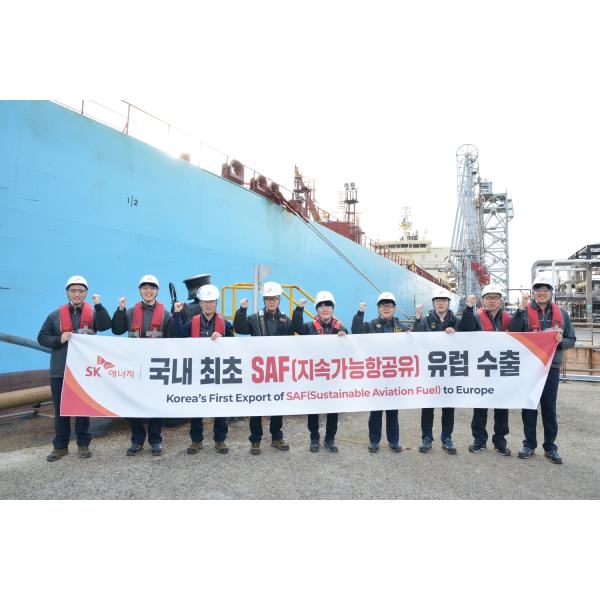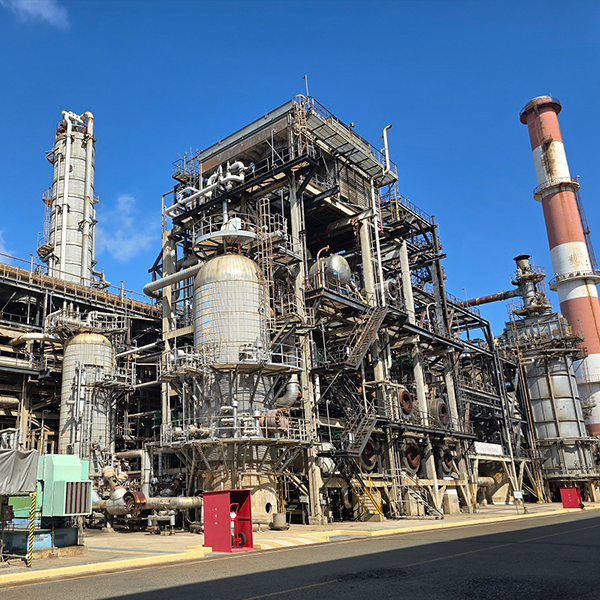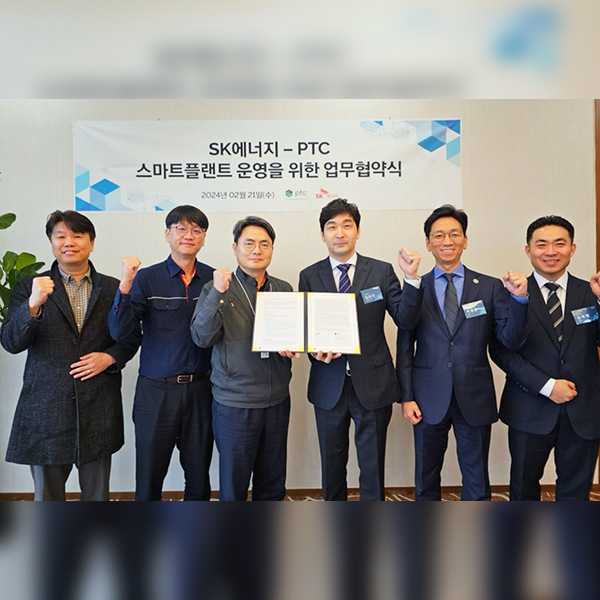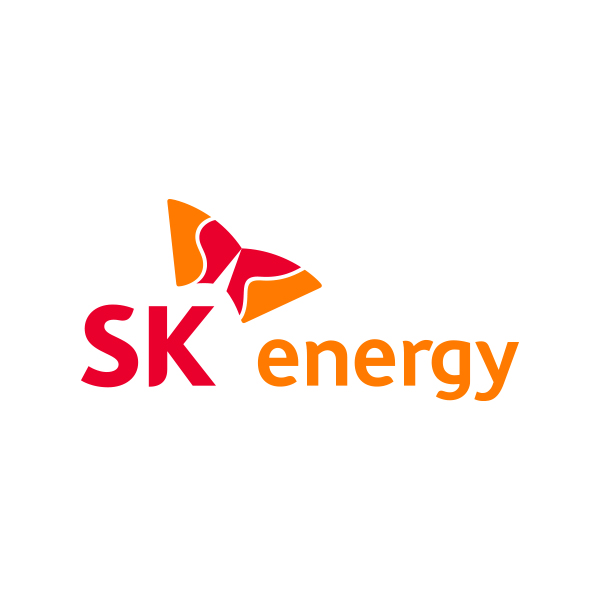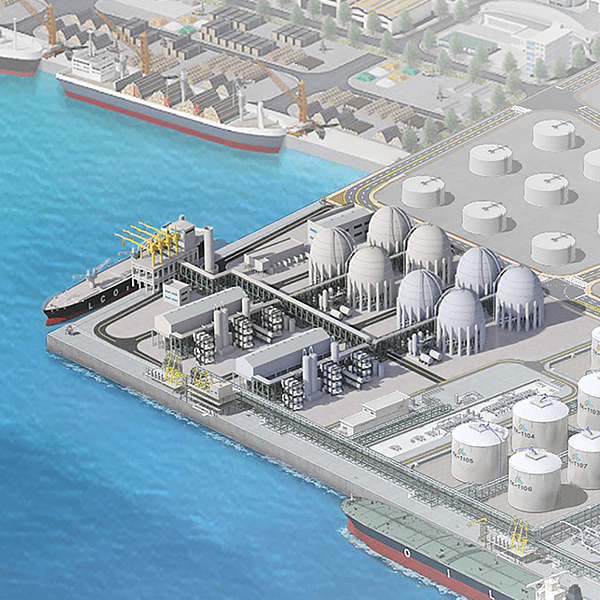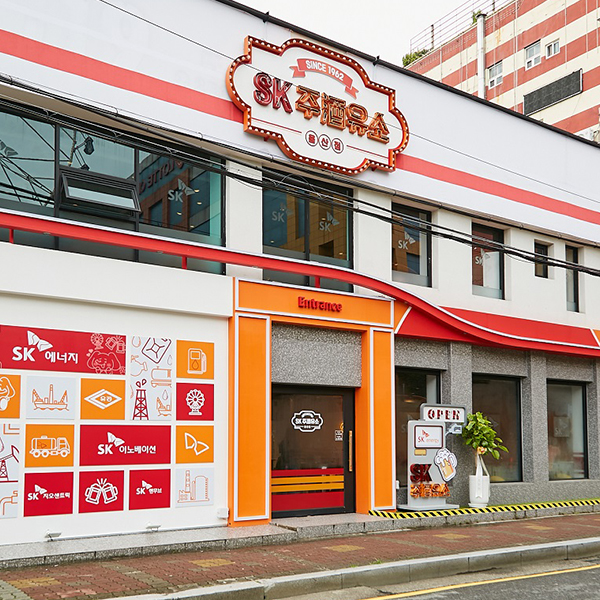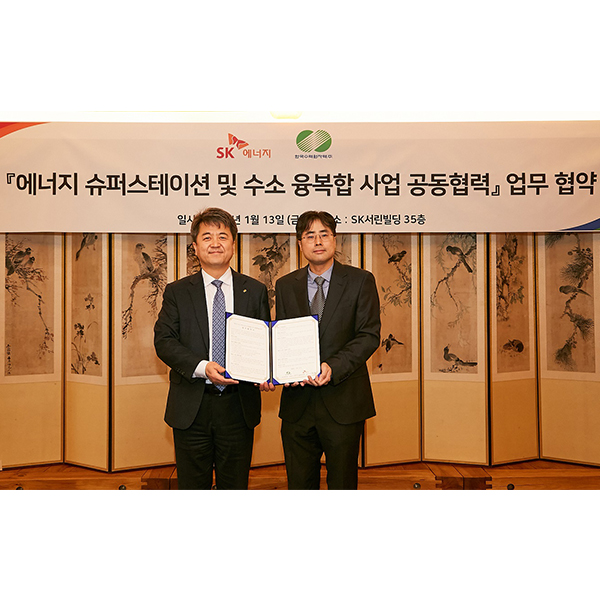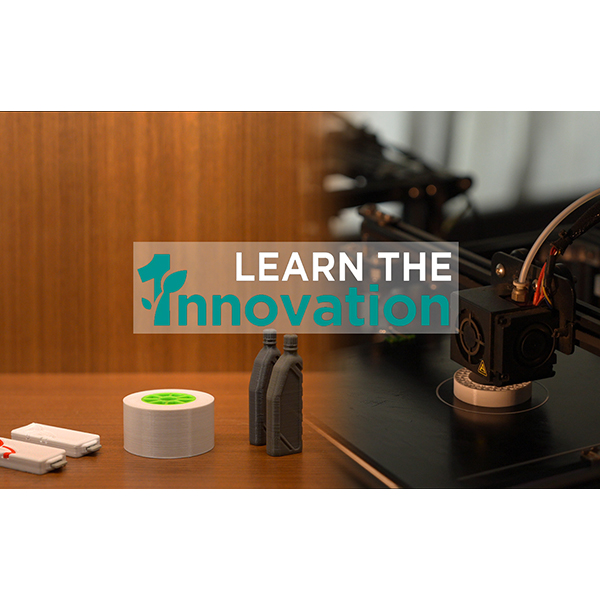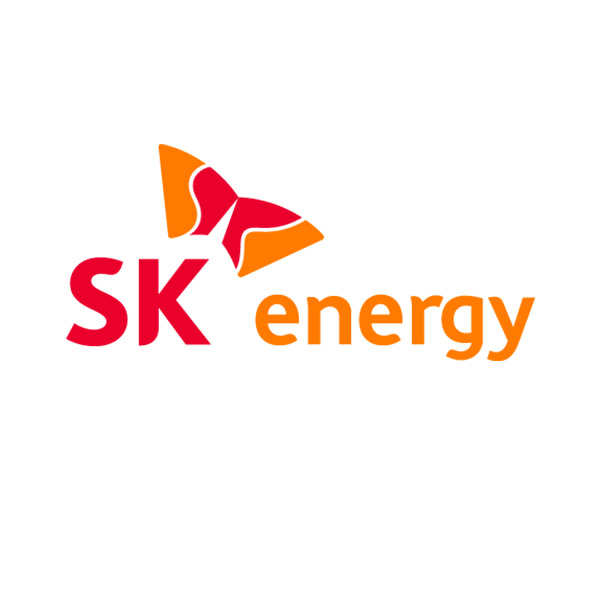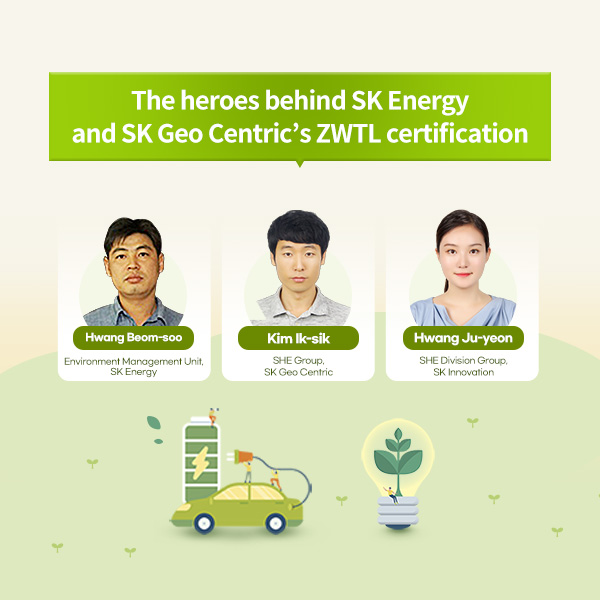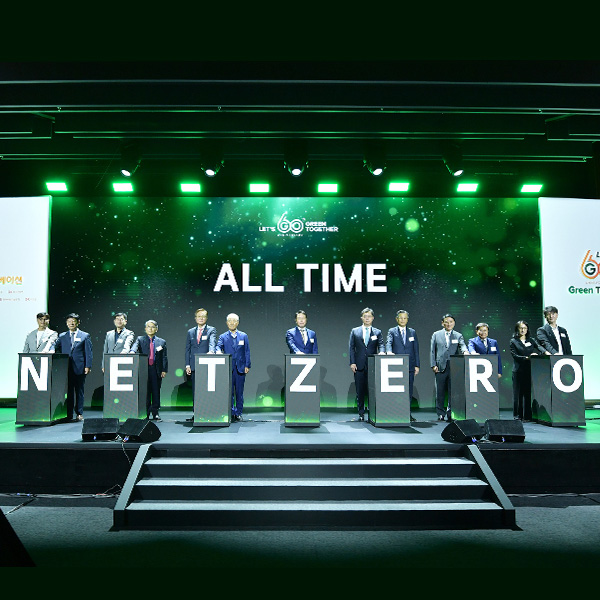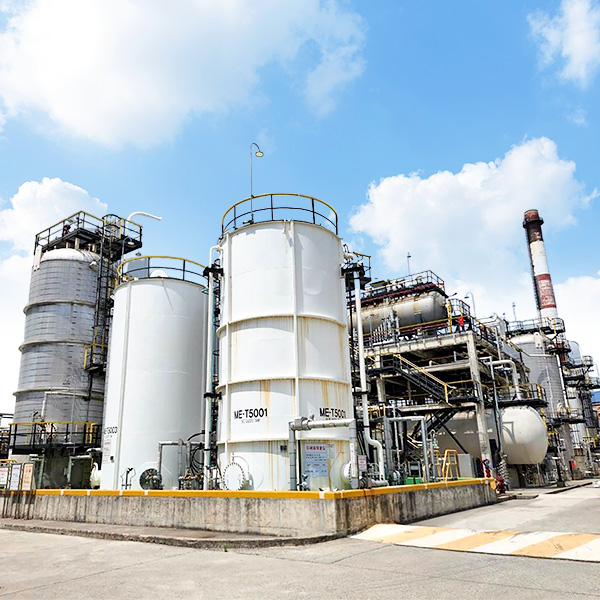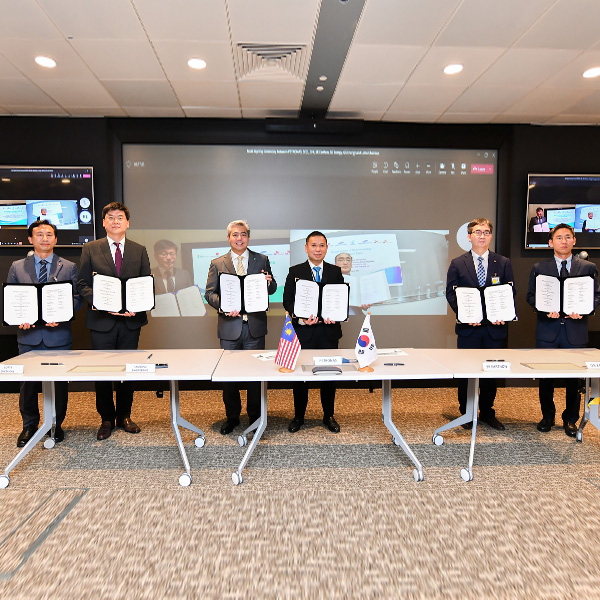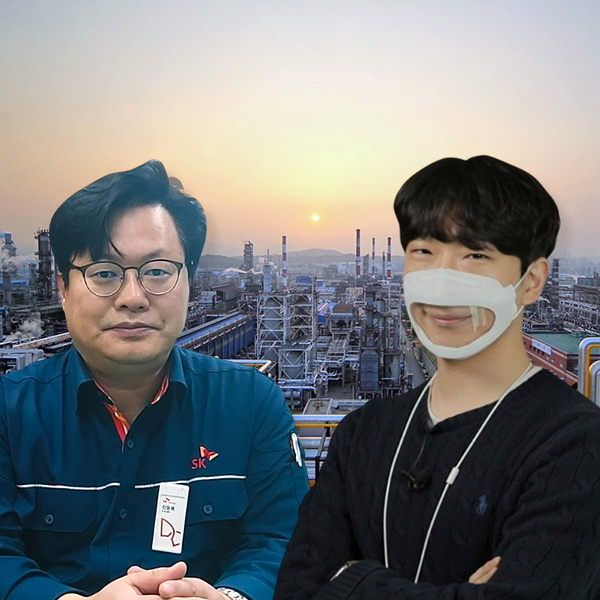 SK Energy
SK Energy
SK Energy’s efforts toward the goal of Net Zero has recently been recognized by the Ministry of Environment. The Emission Certification Committee of the Ministry of Environment (MOE) approved SK Energy’s “Measures to reduce fuel and greenhouse gases by producing a composite material of warm mix asphalt* (WMA) and concrete (hereafter, Ascon**),” developed for the first time in Korea, for MOE’s external project methodology.
(*) Asphalt is a viscous residue left after the crude oil is refined into gas, diesel, kerosene, etc. It is one of the raw materials for road pavement and acts as an adhesive that glues the aggregates
(**) Asphalt concrete refers to the composite composed of 5% of asphalt and 95% aggregates used in road pavement and maintenance
The warm mix ascon can be produced and used for the pavement construction at around 125 to 135 degrees Celsius, which is about 30 degrees Celsius lower than the conventional ascon. Such temperature difference allows it to reduce fuel and electricity consumption about 30% comparing to conventional ones. Once the ascon manufacturers make use of the WMA of SK Energy, they can also reduce the fuel and energy costs and emission of carbon dioxide by about 6 to 7kg for every ton in the production and construction. In addition, due to the low application temperature, the WMA shortens the period of road pavement construction, and that leads to less traffic congestion and carbon emissions.
And now it’s time to meet the heroes that nailed three birds (the discovery of low-carbon and decarbonization business model for accomplishing Net Zero, vitalization of warm mix ascon and road pavement industry in Korea, and acceleration of carbon neutrality in relevant industry) with one stone based on the external project methodology on the warm mix ascon and fulfilled stellar ESG practices.
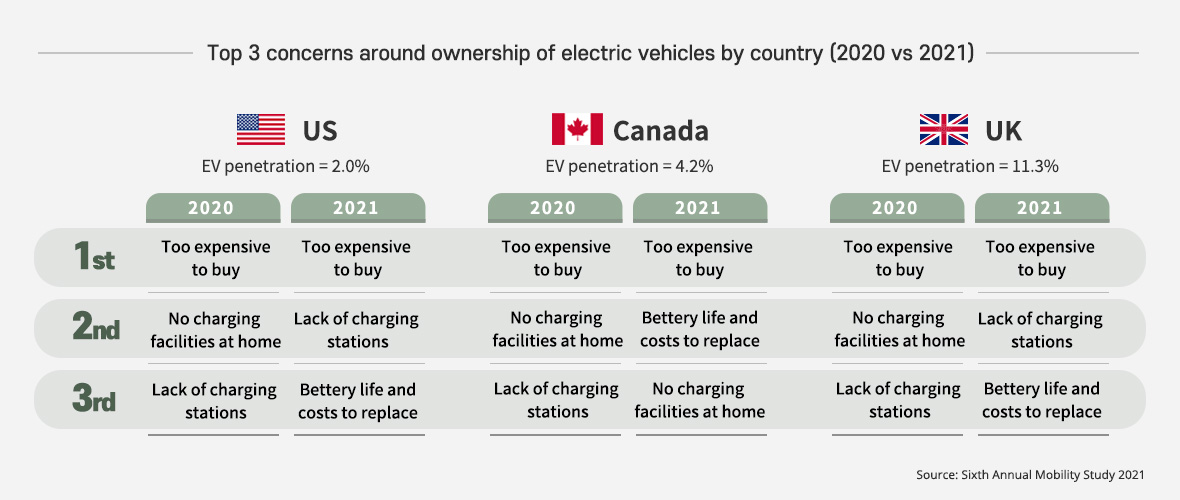










 Youtube
Youtube Facebook
Facebook Instagram
Instagram Linkedin
Linkedin








